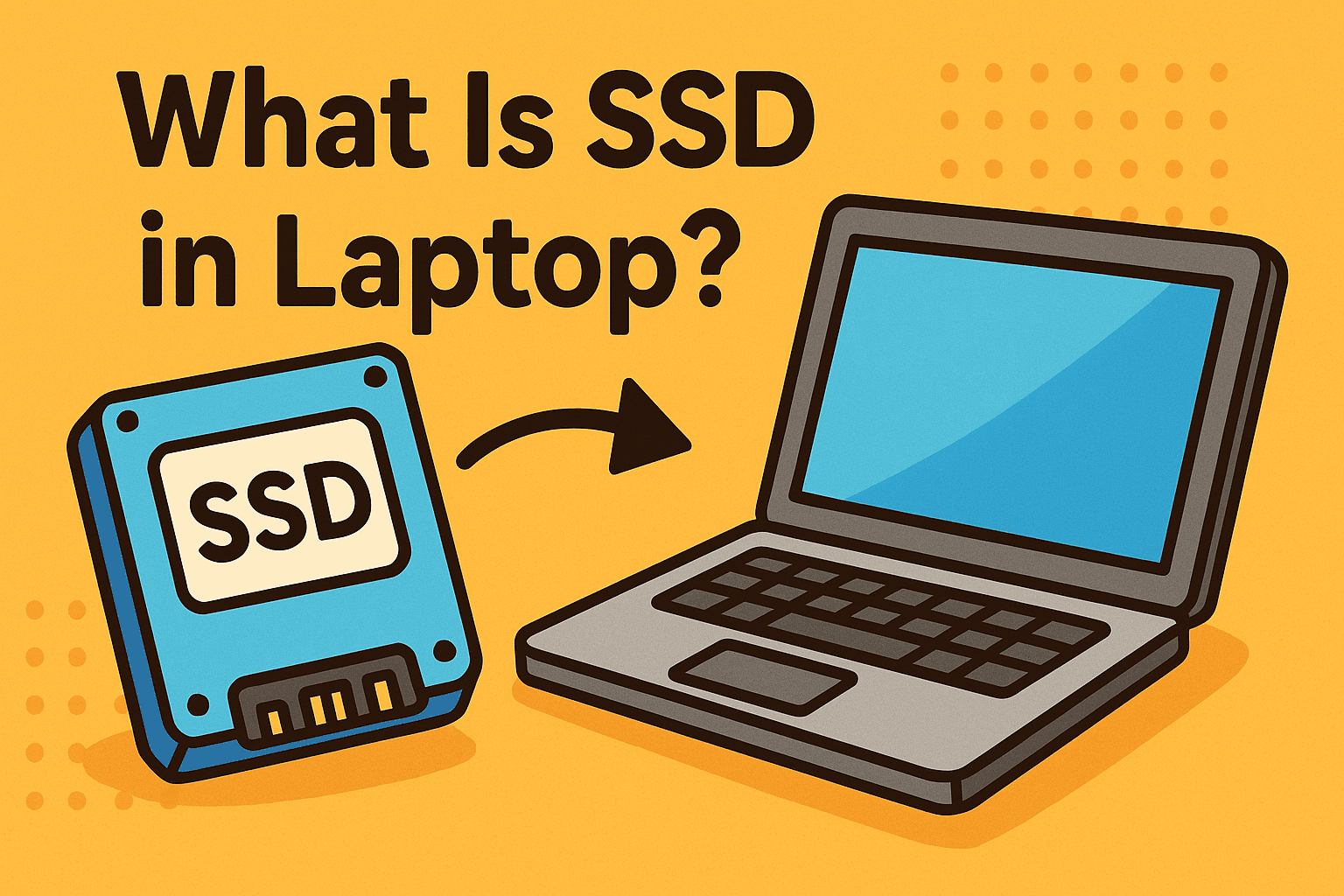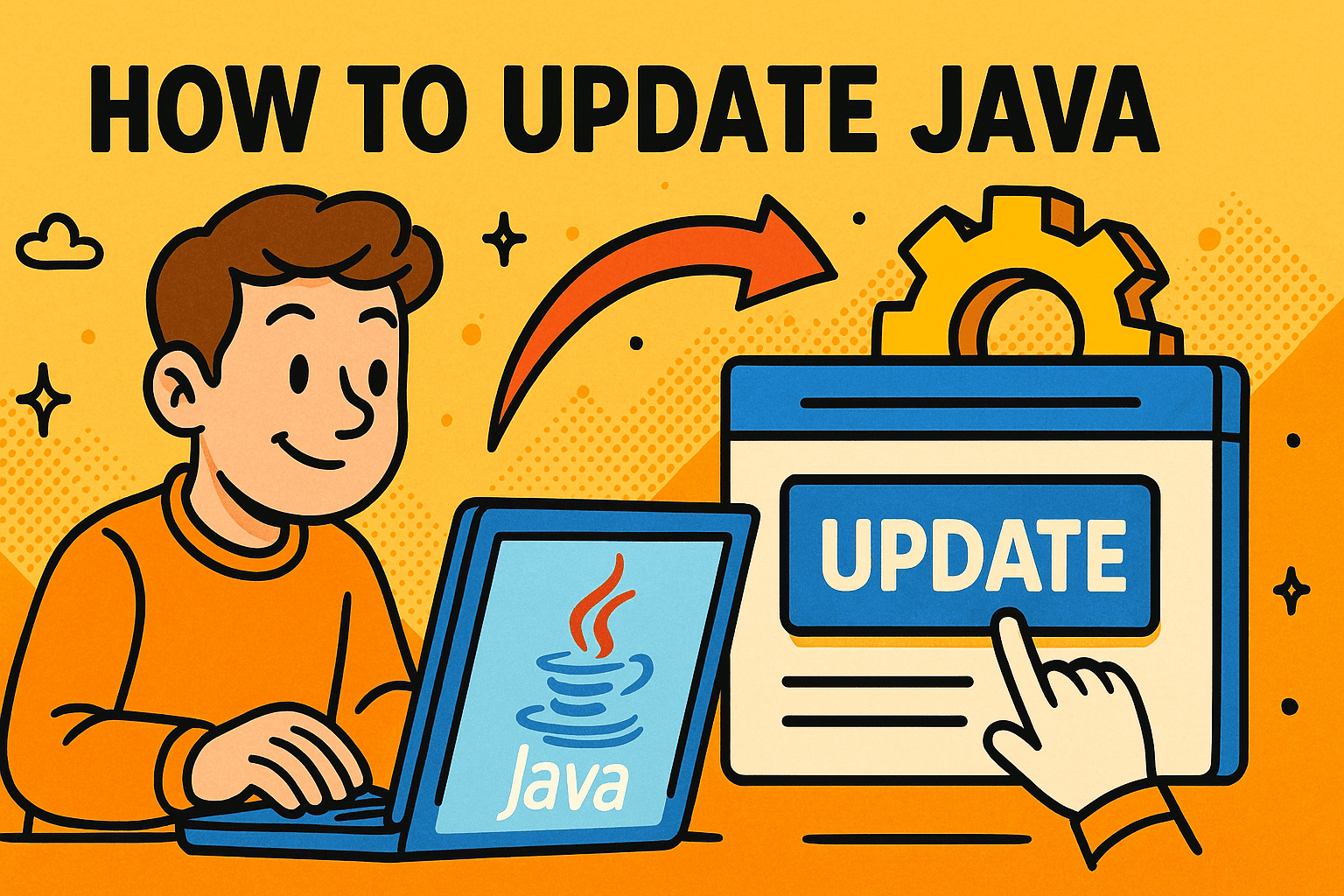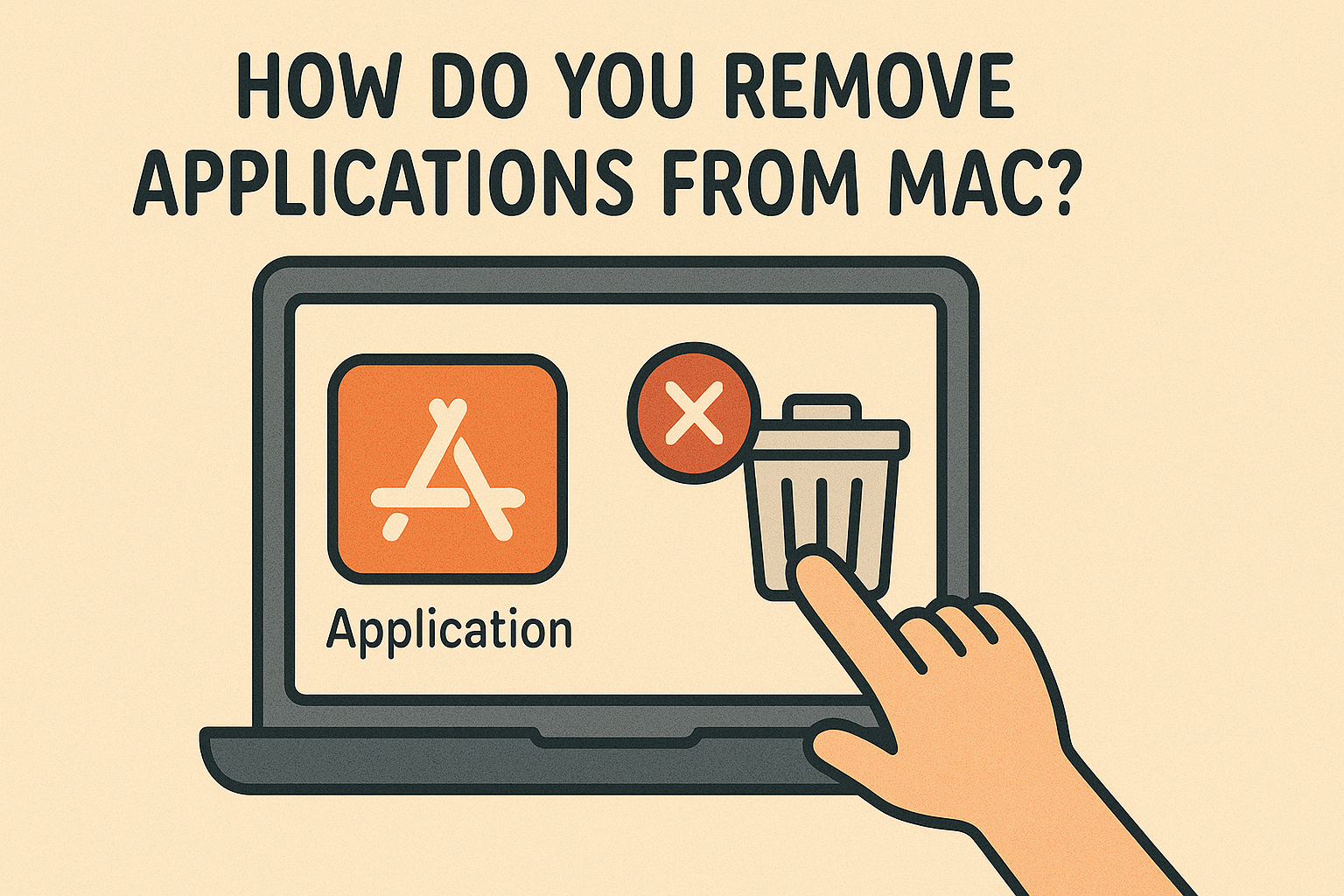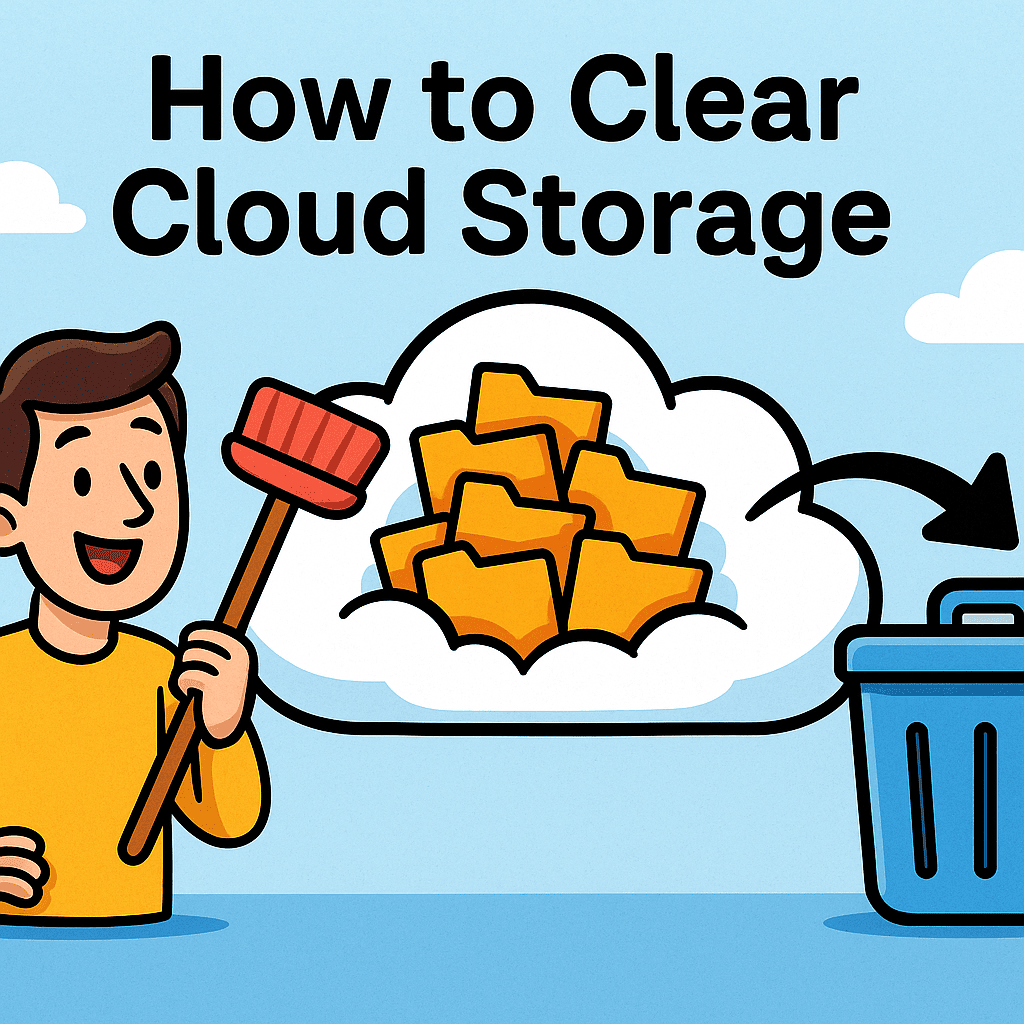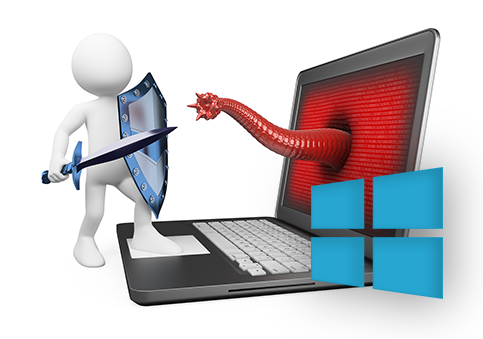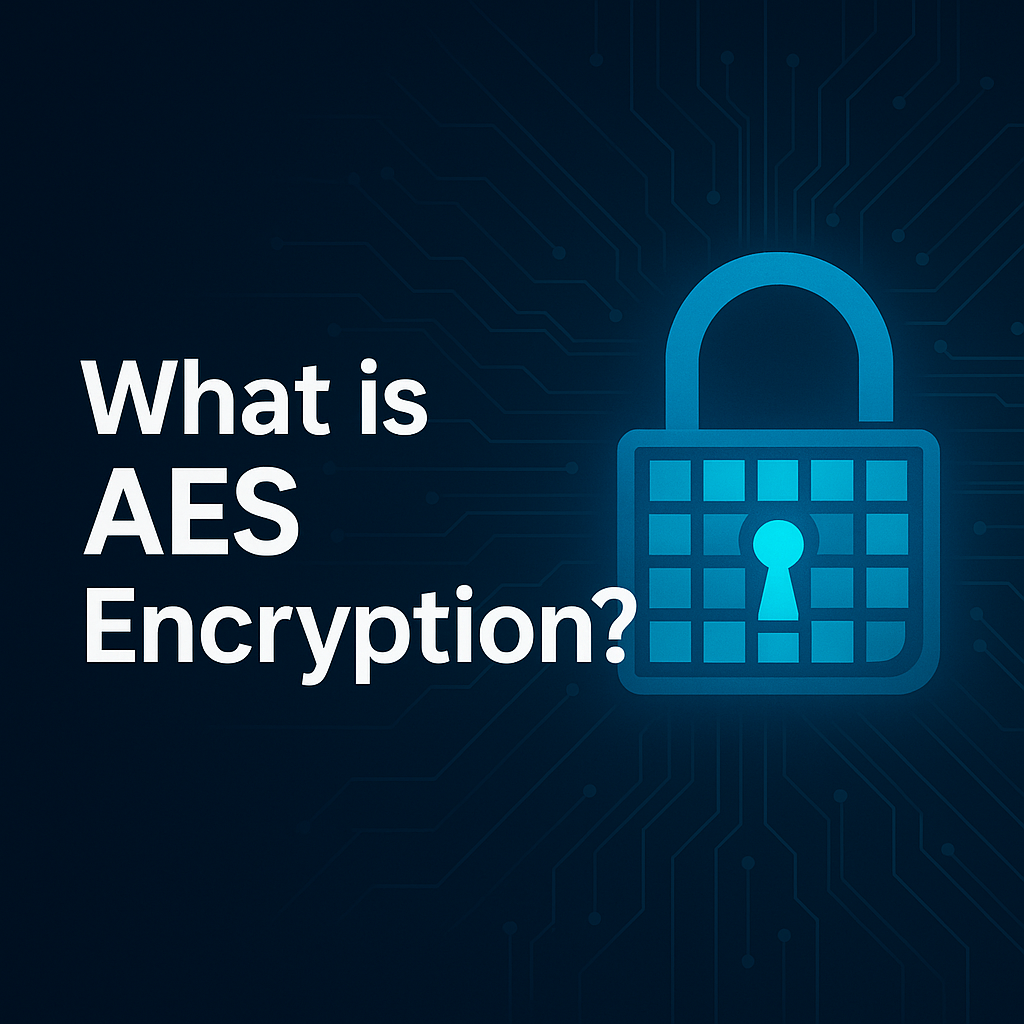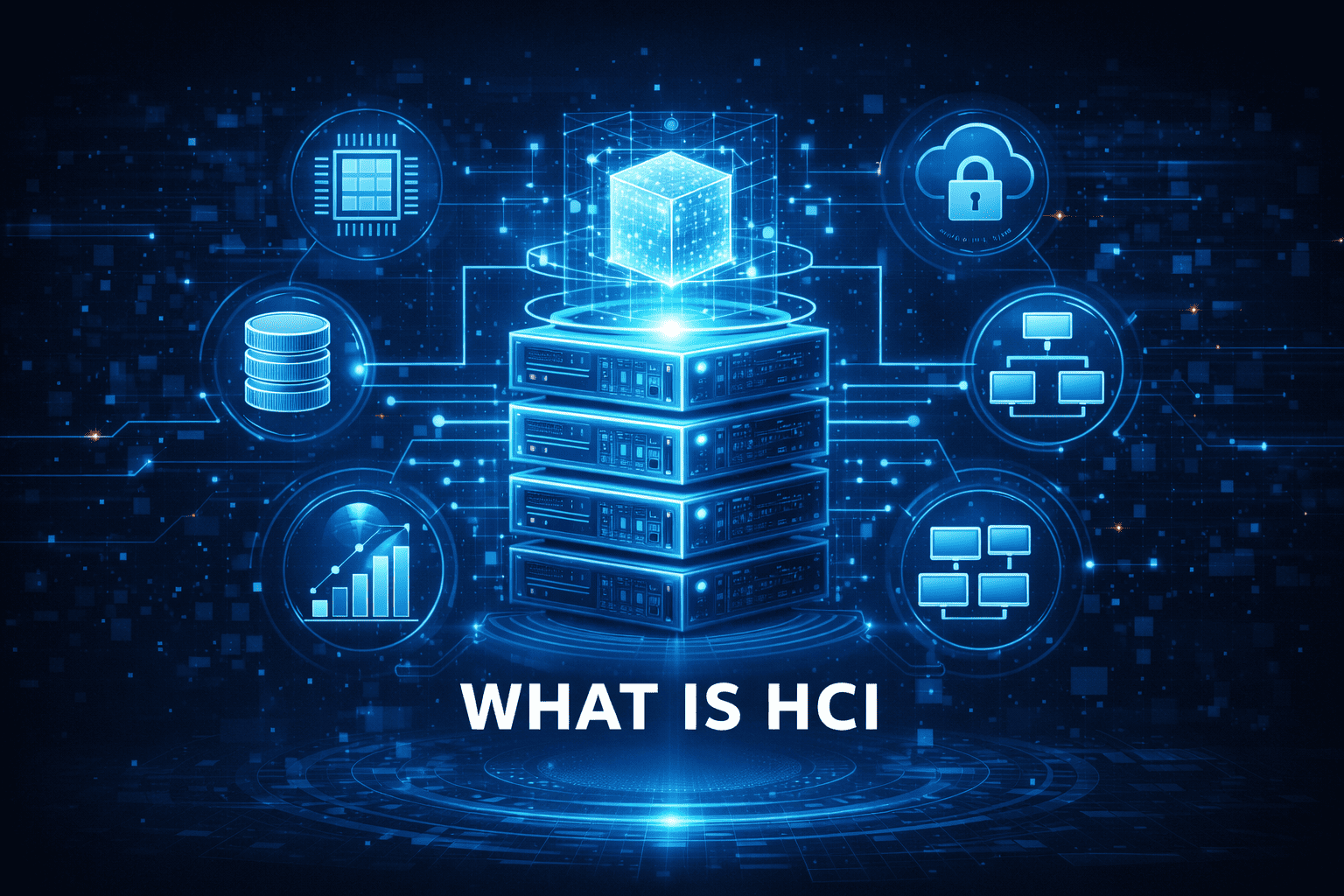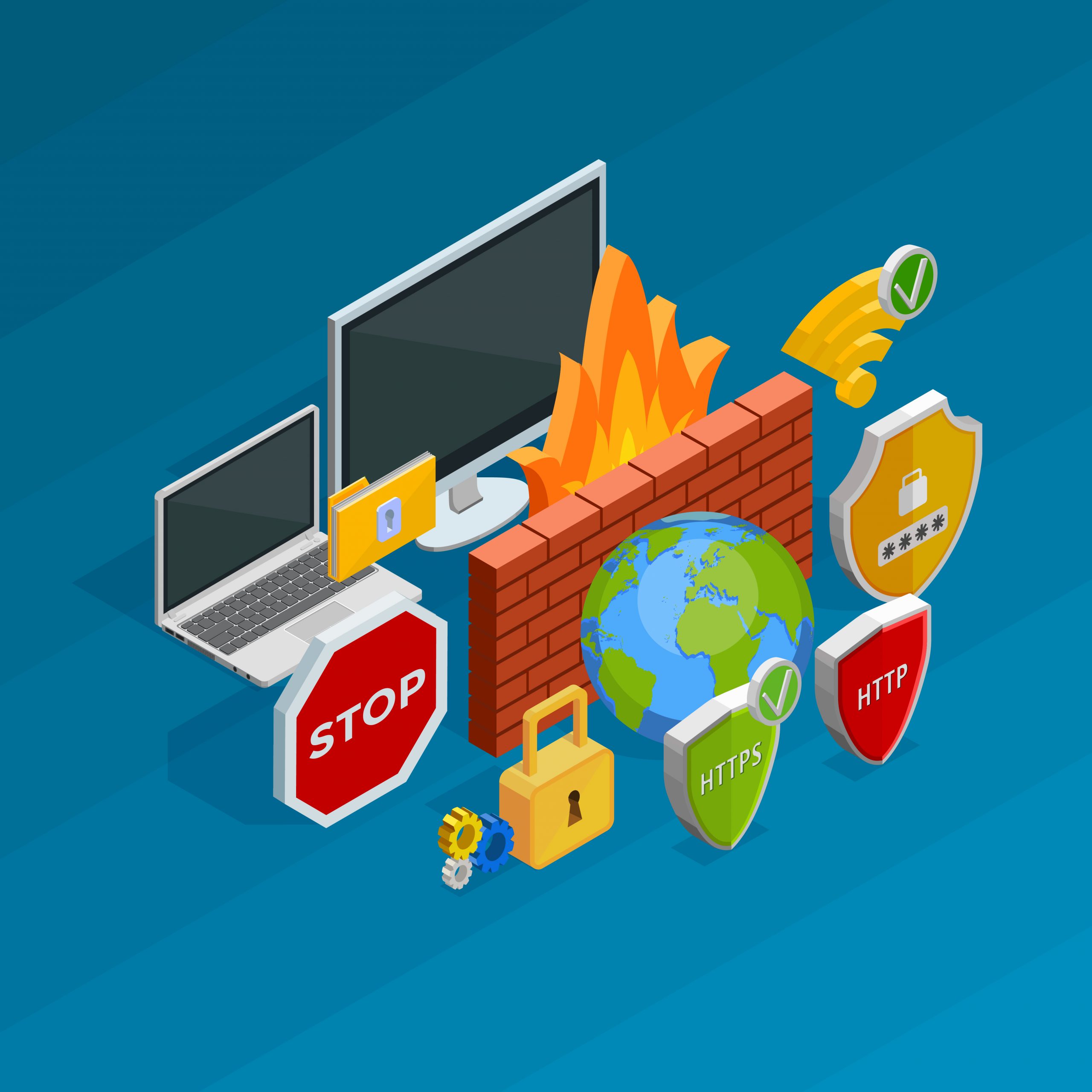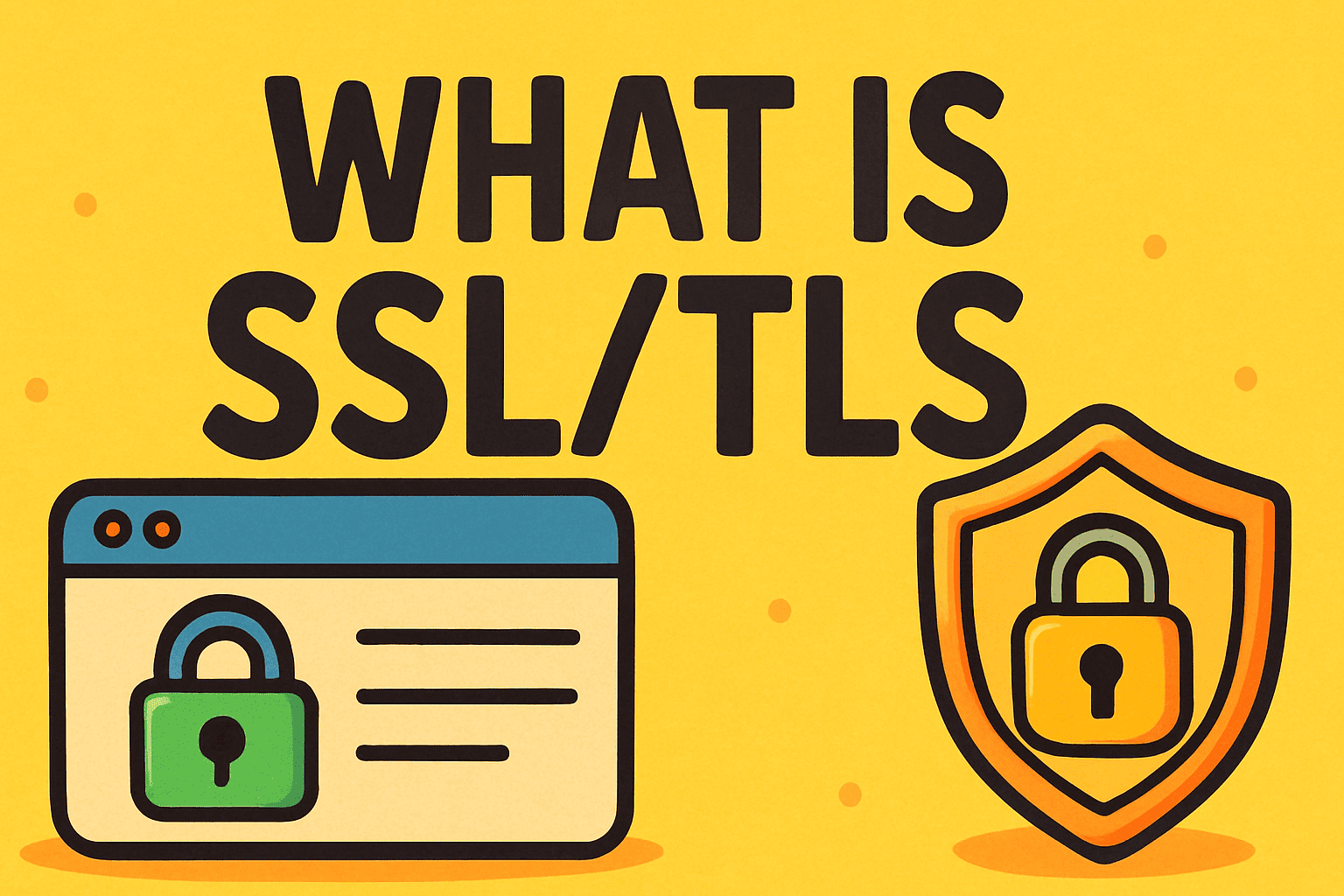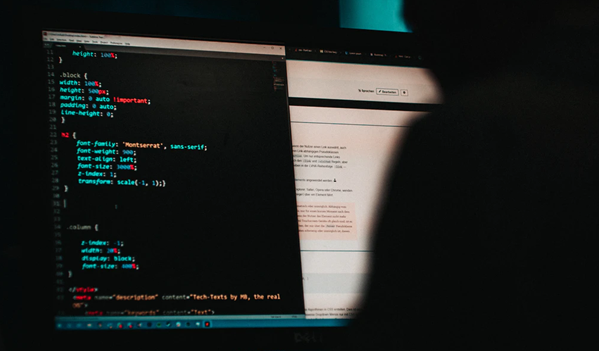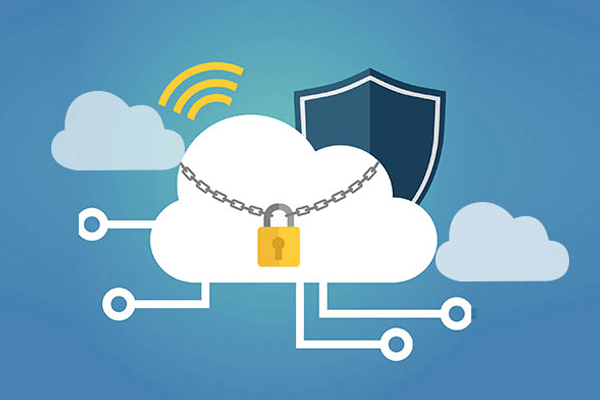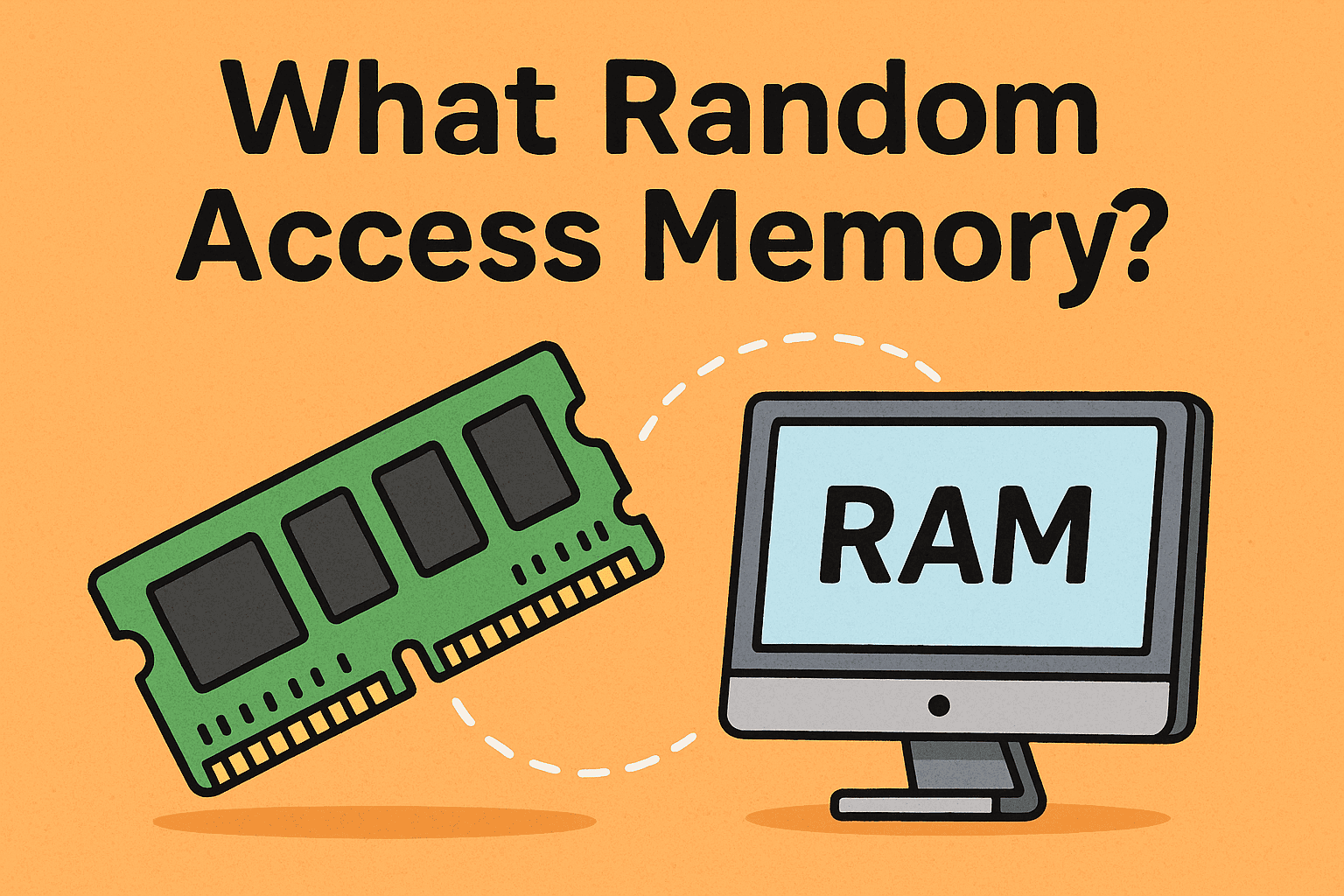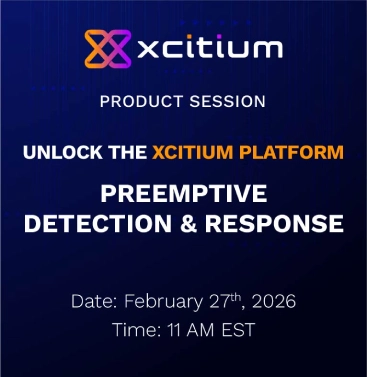What Is Computing? Understanding the Backbone of Digital Innovation
Updated on July 30, 2025, by Xcitium
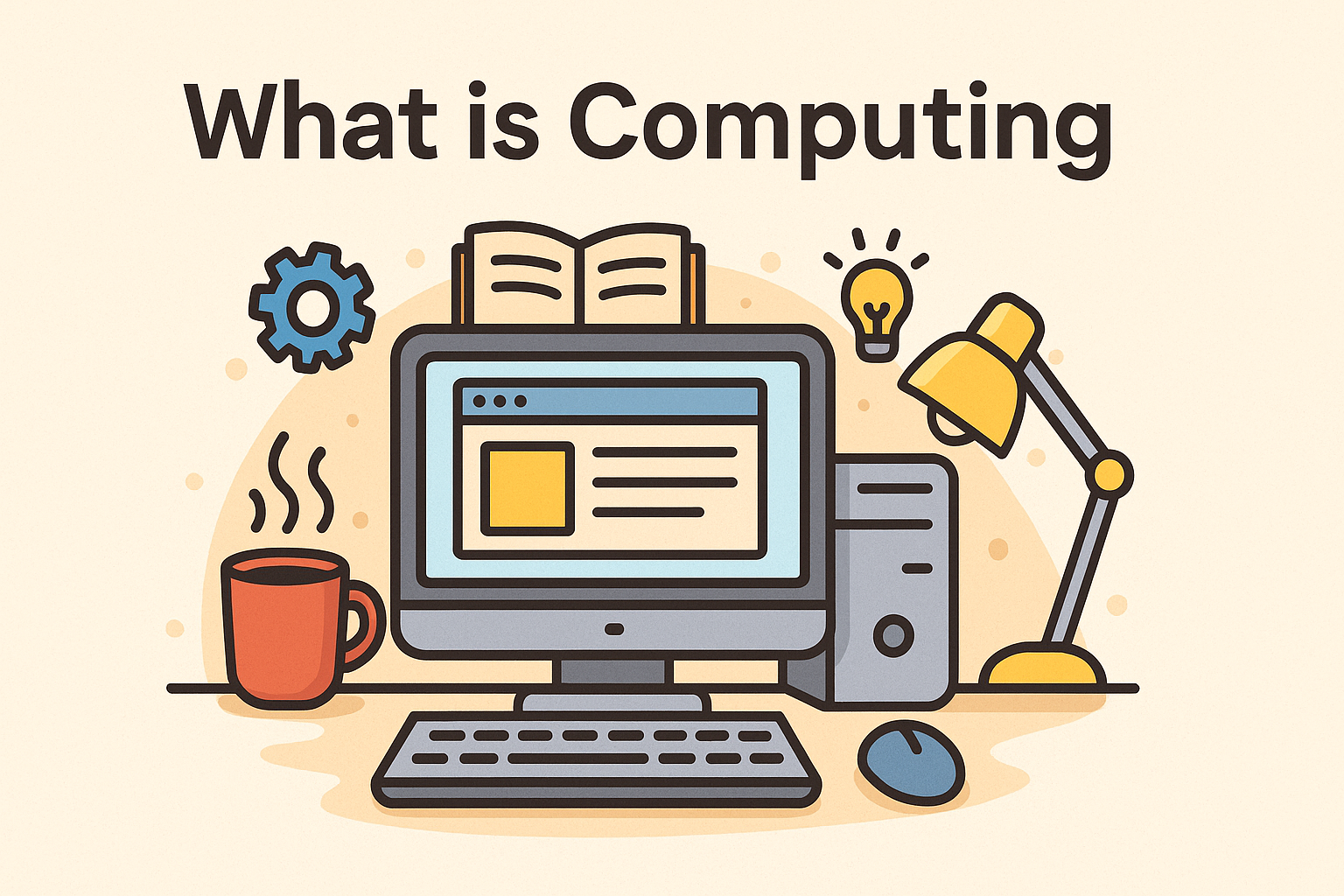
In today’s digital-first world, the question isn’t if computing affects your life—it’s how deeply. From securing cloud networks to developing AI algorithms, computing forms the backbone of innovation. But what is computing, exactly?
For CEOs, cybersecurity professionals, and IT managers, knowing the definition of computing isn’t just technical trivia—it’s foundational. Let’s explore what computing really is, the different types of systems, and how modern advances like cloud computing are reshaping our tech landscape.
What Is Computing? (Definition & Concept)
At its core, computing refers to the use of computer technology to process, store, and communicate information. It encompasses everything from simple calculations to complex problem-solving across multiple platforms and environments.
Definition of Computing
According to the Association for Computing Machinery (ACM), computing is “any activity that uses computers to manage, process, and communicate information.”
In simpler terms, if it involves:
- Input (data entry or signal reception)
- Processing (calculations, transformations, decisions)
- Storage (temporary or permanent memory)
- Output (results, reports, or actions)
…it’s a computing process.
Different Types of Computing Systems
Modern businesses rely on a spectrum of computing systems tailored to specific needs. Here are the major categories:
1. Personal Computing
- Desktops, laptops, and tablets
- Best suited for individual use
- Supports local software and applications
2. Enterprise Computing
- Large-scale servers and mainframes
- Handles massive databases, ERP systems, and mission-critical apps
3. Distributed Computing
- Combines multiple computers across a network
- Ideal for processing large tasks (e.g., weather modeling, genetic sequencing)
4. Edge Computing
- Performs data processing near the data source
- Useful in IoT (Internet of Things), smart devices, and real-time monitoring
5. Quantum Computing (Emerging)
- Uses quantum bits (qubits) for extreme speed and parallelism
- Promising for cybersecurity, materials science, and cryptography
What Is Cloud Computing and How Does It Work?
Cloud computing revolutionized how we think about storage, scalability, and service delivery.
Definition of Cloud Computing
Cloud computing is the delivery of computing services—like servers, storage, databases, networking, software—over the internet (“the cloud”). It allows users to access resources without maintaining physical infrastructure.
How Does Cloud Computing Work?
- Infrastructure as a Service (IaaS): Rent servers and storage (e.g., AWS, Azure)
- Platform as a Service (PaaS): Developers build apps without worrying about infrastructure
- Software as a Service (SaaS): Apps are delivered via a web browser (e.g., Google Workspace, Microsoft 365)
Key Benefits for Cybersecurity and IT Leaders:
- Scalability: Add/remove resources instantly
- Resilience: Cloud backups prevent data loss
- Security: Advanced encryption and access controls
- Cost-efficiency: Pay only for what you use
Latest Technologies in Computing
Technology in computing evolves rapidly. These are the most impactful trends reshaping industries:
1. Artificial Intelligence & Machine Learning
- Predictive analytics, automated threat detection, and anomaly detection
2. Blockchain
- Decentralized ledgers enhancing transparency and cybersecurity
3. 5G & Edge Computing
- High-speed data + low-latency processing at the edge
4. Virtualization & Containerization
- Tools like Docker and Kubernetes improve software deployment
5. Zero Trust Architecture (ZTA)
- Ensures no device or user is trusted by default—essential in cybersecurity
6. Quantum-Safe Encryption
- Prepares systems for quantum decryption threats in the future
Computing Technologies by Industry
🔒 Cybersecurity
- Firewalls, endpoint protection, security orchestration, and SIEM systems
🏥 Healthcare
- Medical imaging, diagnostics, and EHR (Electronic Health Records)
🏭 Manufacturing
- Automation, supply chain analytics, and predictive maintenance
💰 Finance
- Algorithmic trading, fraud detection, and blockchain-powered systems
📡 Telecom
- 5G rollout, network management, and real-time analytics
Actionable Tips for IT & Business Leaders
- Invest in cloud-native tools for flexibility and speed.
- Integrate Zero Trust models to protect sensitive data.
- Prioritize edge computing in IoT-heavy environments.
- Train teams on AI/ML capabilities for cybersecurity.
Final Thoughts: Why Computing Isn’t Optional Anymore
So, what is computing in the real world? It’s the silent powerhouse behind your business success—from safeguarding customer data to enabling innovation.
If you’re not thinking critically about your computing infrastructure, your competitors—and threats—already are.
✅ Ready to future-proof your enterprise with cutting-edge computing solutions?
👉 Request a Demo from Xcitium
FAQs
1. What is computing in simple terms?
Computing is the use of computers to process and manage data, enabling tasks like calculations, communication, and problem-solving.
2. What are the types of computing systems?
They include personal, enterprise, distributed, edge, and quantum computing systems.
3. How does cloud computing work?
It delivers computing services over the internet—users access servers, apps, and storage without owning the infrastructure.
4. What are examples of computing technologies?
AI, blockchain, 5G, virtualization, and Zero Trust Architecture are top examples.
5. Why is computing important in cybersecurity?
It enables real-time threat detection, automated response systems, and scalable security solutions like firewalls and endpoint protection.



